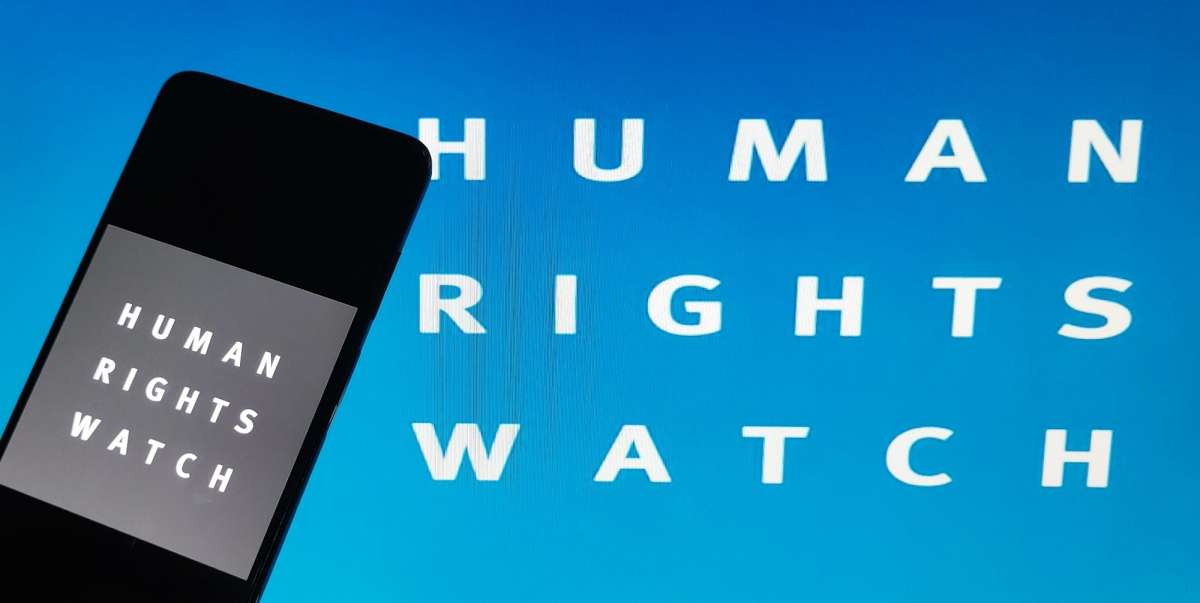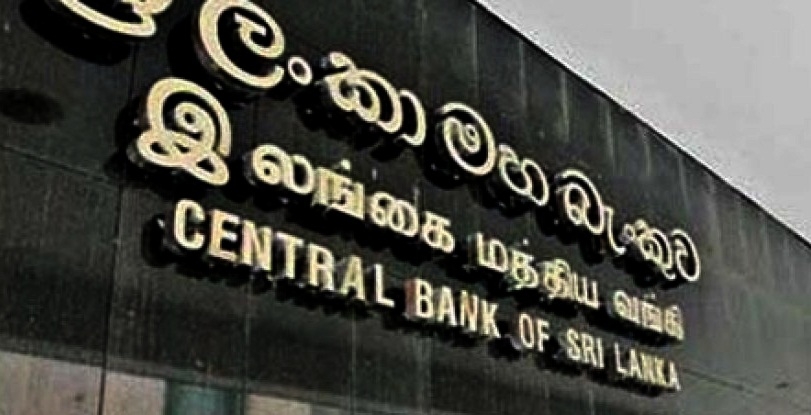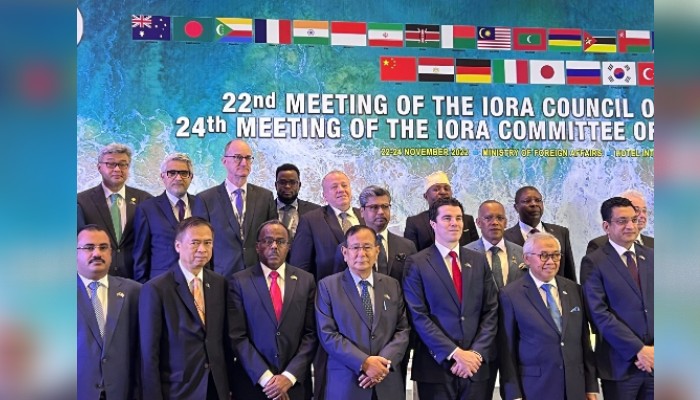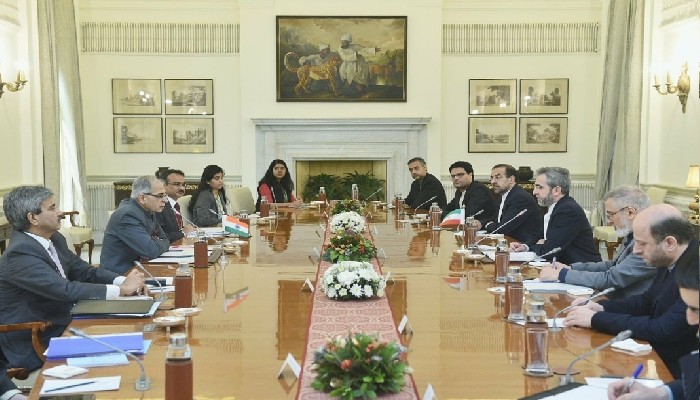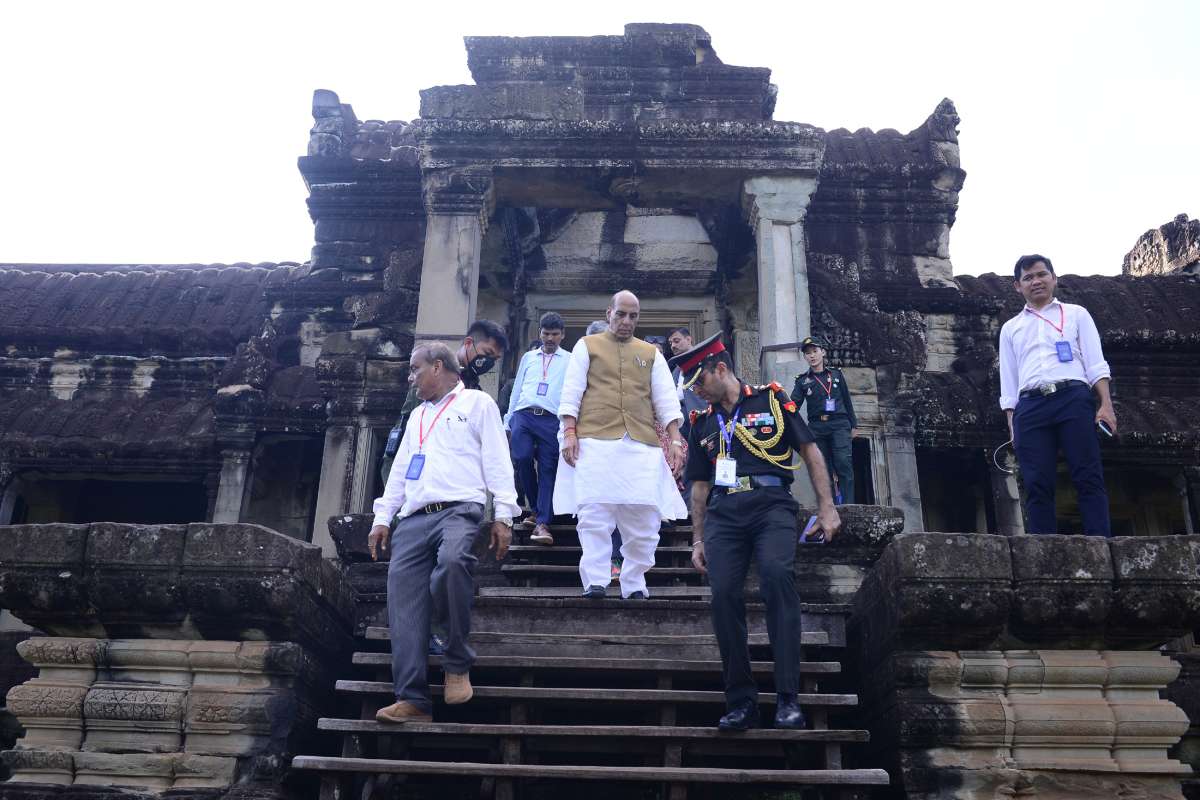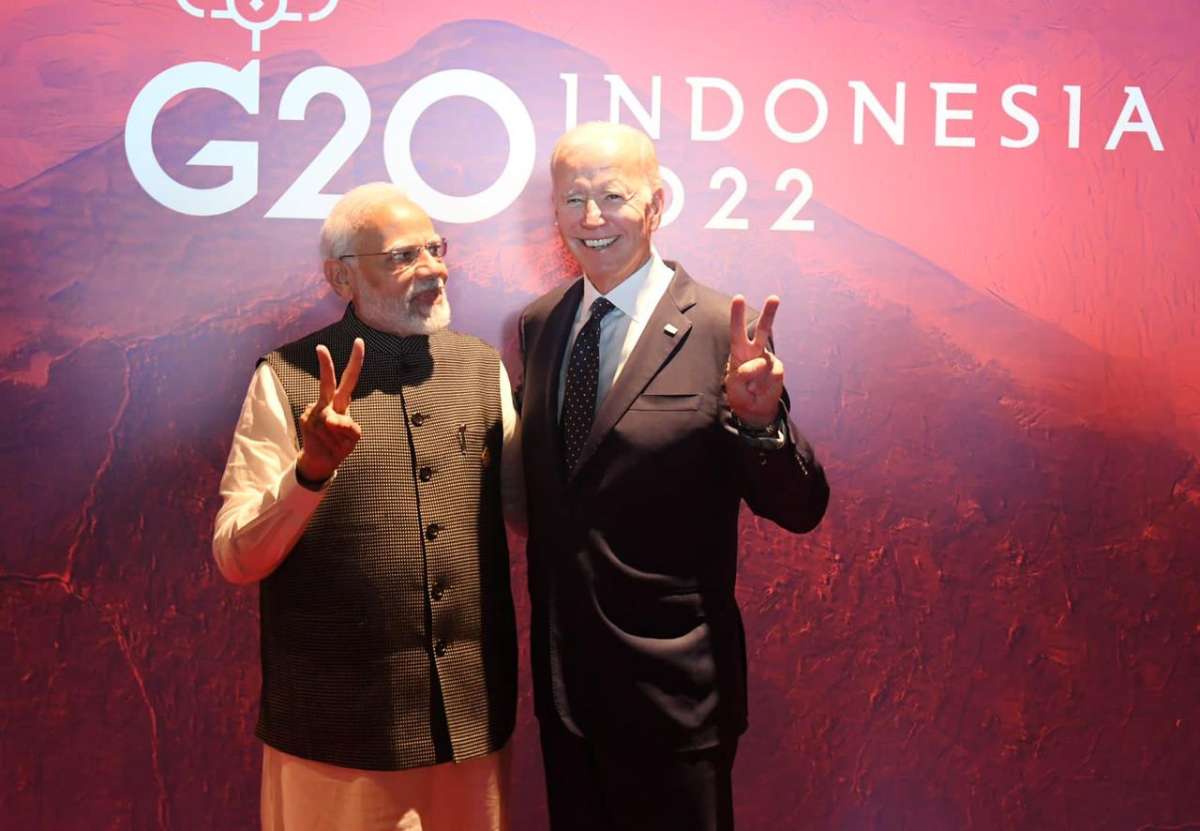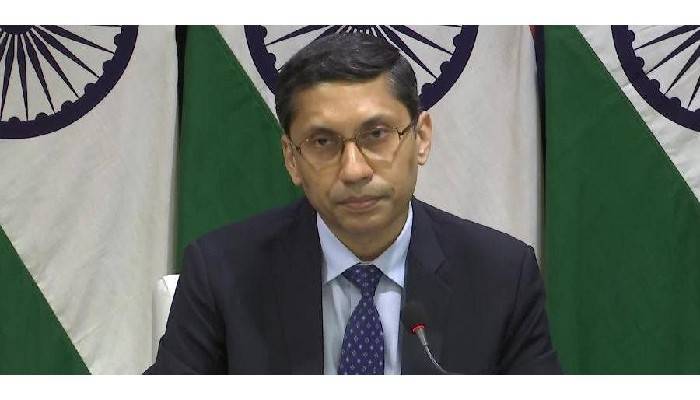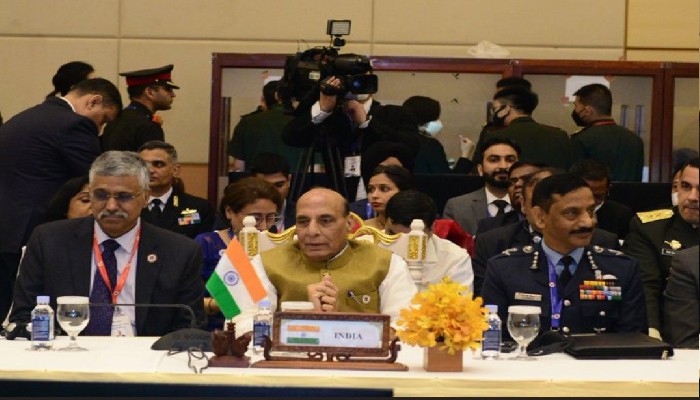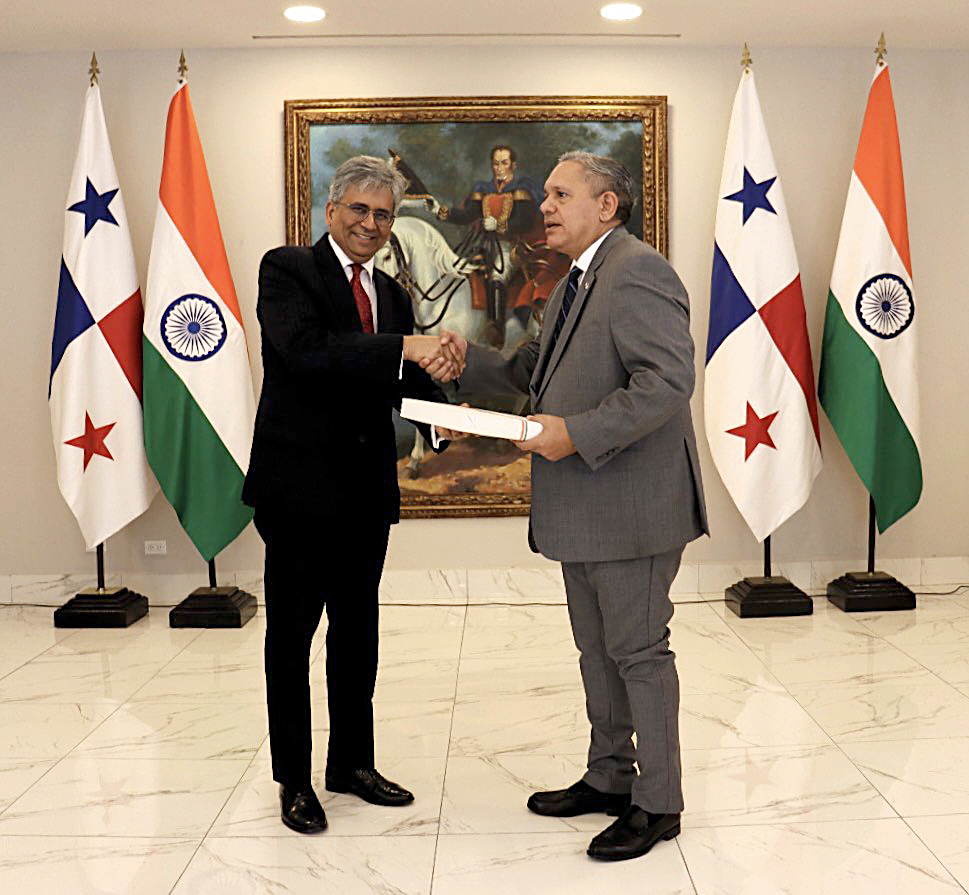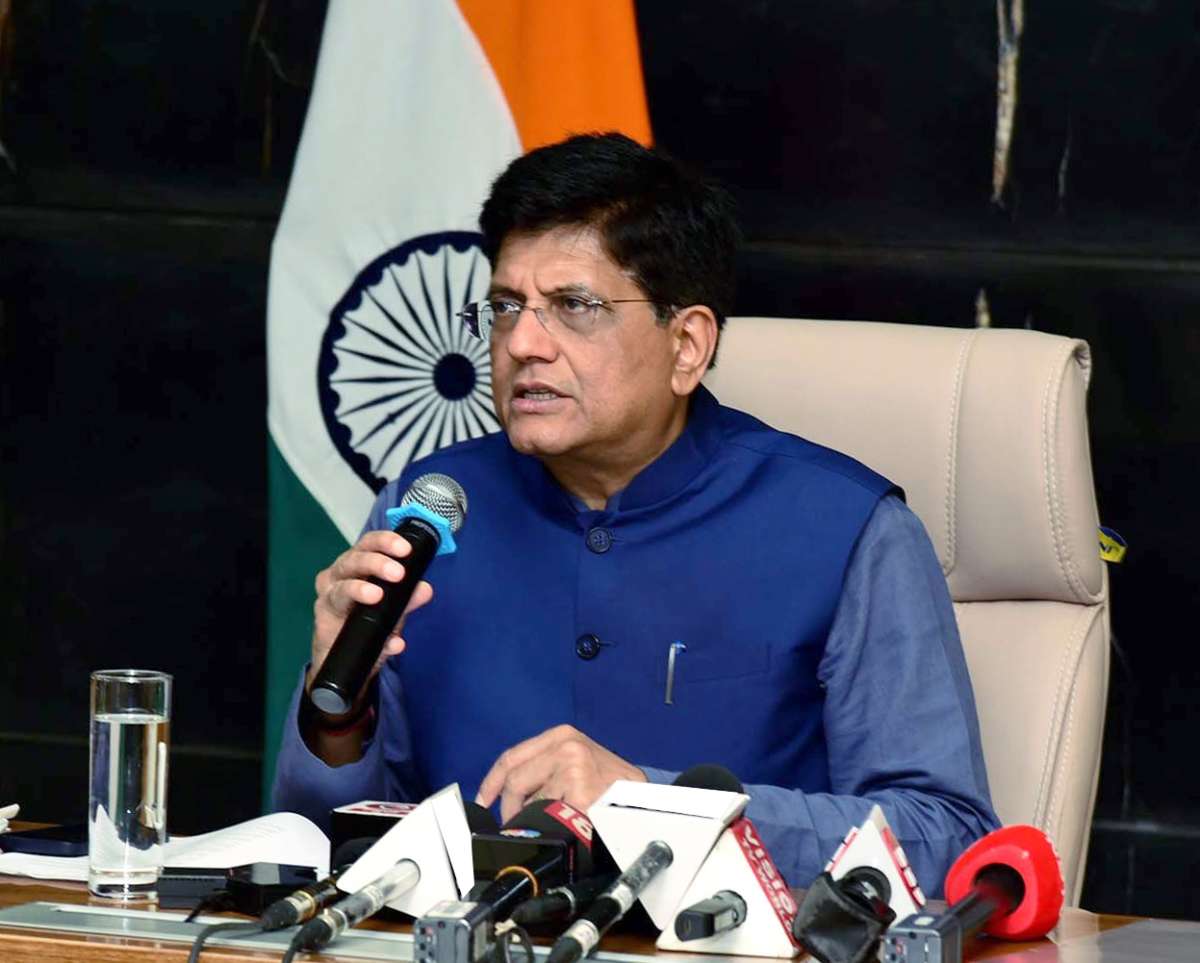The HRW reiterated that the IMF should use its procedures to make needed funds available as soon as possible, putting into place safeguards to protect people’s economic and social rights…reports Asian Lite News
International human rights organisation, Human Rights Watch (HRW) urged Sri Lanka’s major foreign creditors, including China, Japan, and India to help restructure debts and urgently mitigate the adverse human rights impacts of the country’s worst-ever economic crisis.
In a report by South Asia Director, Meenakshi Ganguly, the New York-based human rights watch dog stated that to stabilise the economy, international creditors should agree to restructure Sri Lanka’s debt so the country could secure final approval for an International Monetary Fund (IMF) loan and financing from other global agencies.
“Sri Lankan economists fear the economic situation could deteriorate rapidly without action by foreign creditors, placing the basic needs of millions of people in further jeopardy,” the report stressed.
The HRW reiterated that the IMF should use its procedures to make needed funds available as soon as possible, putting into place safeguards to protect people’s economic and social rights.
In April, Sri Lanka defaulted on over $50 billion in debts to international creditors, and in September, it reached a staff-level agreement with the IMF for a four-year, $2.9 billion bailout. The first tranche of that bailout would ease the crippling shortage of foreign exchange and unlock access to other funding, including from the World Bank and the Asian Development Bank, which cannot provide new funding until the IMF agreement is completed.
Titled “Sri Lanka at Brink of Humanitarian Crisis-Financial Partners Should Support Basic Needs, Promote Respect for Rights”, the report noted that this month the United Nations renewed a humanitarian appeal, stating that 28 percent of the population faces food insecurity and that the poverty rate this year has doubled.
“Food price inflation was over 85 per cent in October, and acute shortages of foreign currency mean that many imports, including essential medicines, are scarce or unobtainable.”
The international pressure group also stressed that President Ramil Wickremesinghe’s administration should respect fundamental rights, including to peaceful protest.
“President Ranil Wickremesinghe has suppressed demonstrations and has used the notorious Prevention of Terrorism Act (PTA) to detain student activists. Wickremesinghe has even warned that he will again declare a state of emergency and deploy security forces in the event of major protests,” the HRW complained.
The report noted that without respect for human rights, including the right to peacefully protest, Sri Lankans cannot hold politicians accountable, whether for mismanagement or corruption. It is essential that Sri Lanka’s international partners, including the US and European Union, press the government to fulfil its human rights obligations as an essential step towards addressing the crisis.
Facing insurmountable foreign and local debts, Sri Lanka is undergoing a dollar crunch and uncontrollable inflation, in March people launched island wide street fights with severe scarcity of essentials like food, fuel and medicine.
Amidst public protest, powerful Prime Minister Mahinda Rajapaksa stepped down with his cabinet on May 9 and on July 9, following people forcibly taking over the President’s House, President Gotabaya Rajapaksa fled the country and announcing his resignation from Singapore. He also appointed Wickremesinghe who was serving as PM as the Acting President, and the latter was subsequently elected President with the support of 2/3 majority lawmakers of Rajapaksas’ party in Parliament.
Wickremesinghe on Wednesday warned that he would used military and Emergency laws to crush any people’s uprising to topple the government.
ALSO READ-Lanka President vows to crush attempts to topple govt

